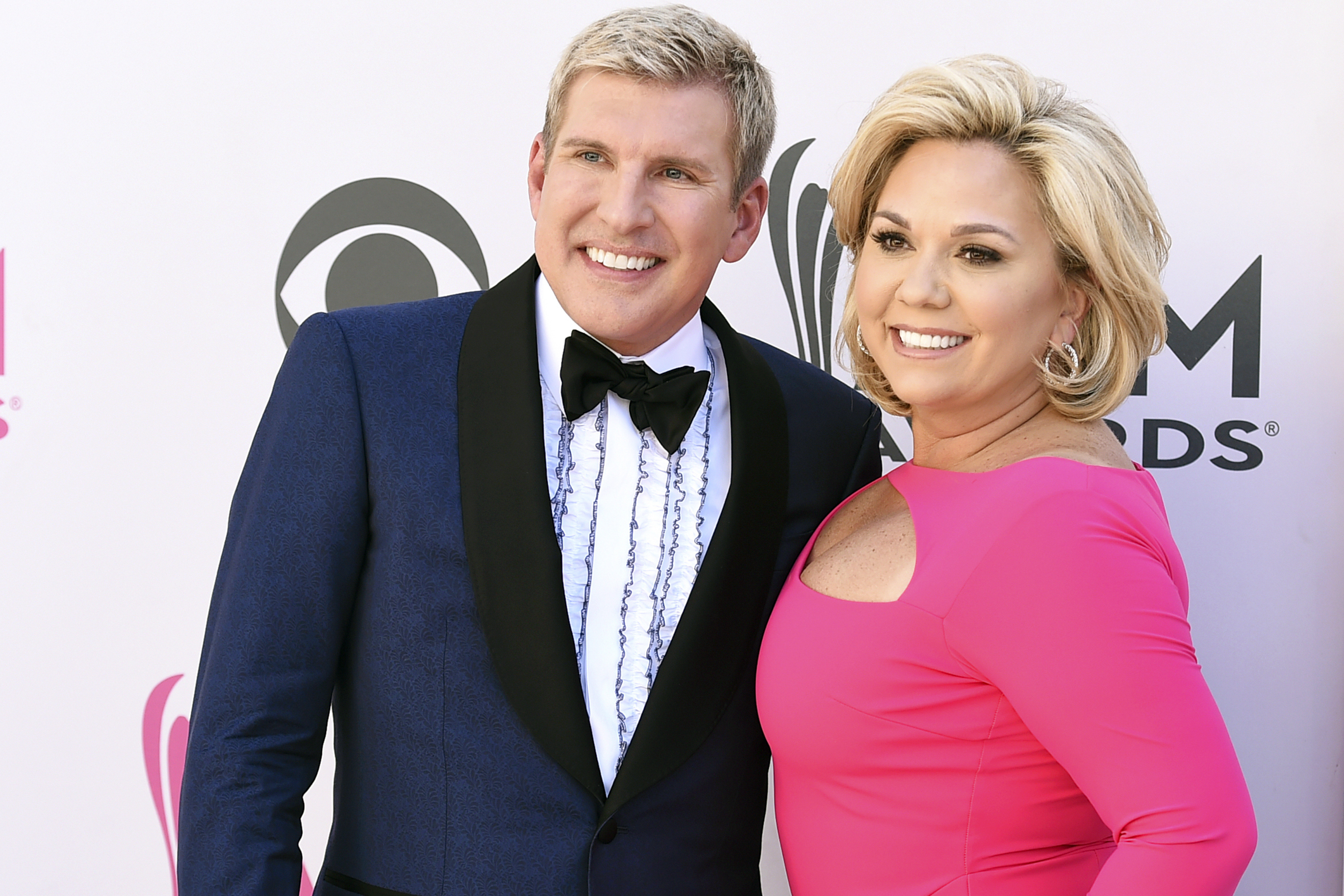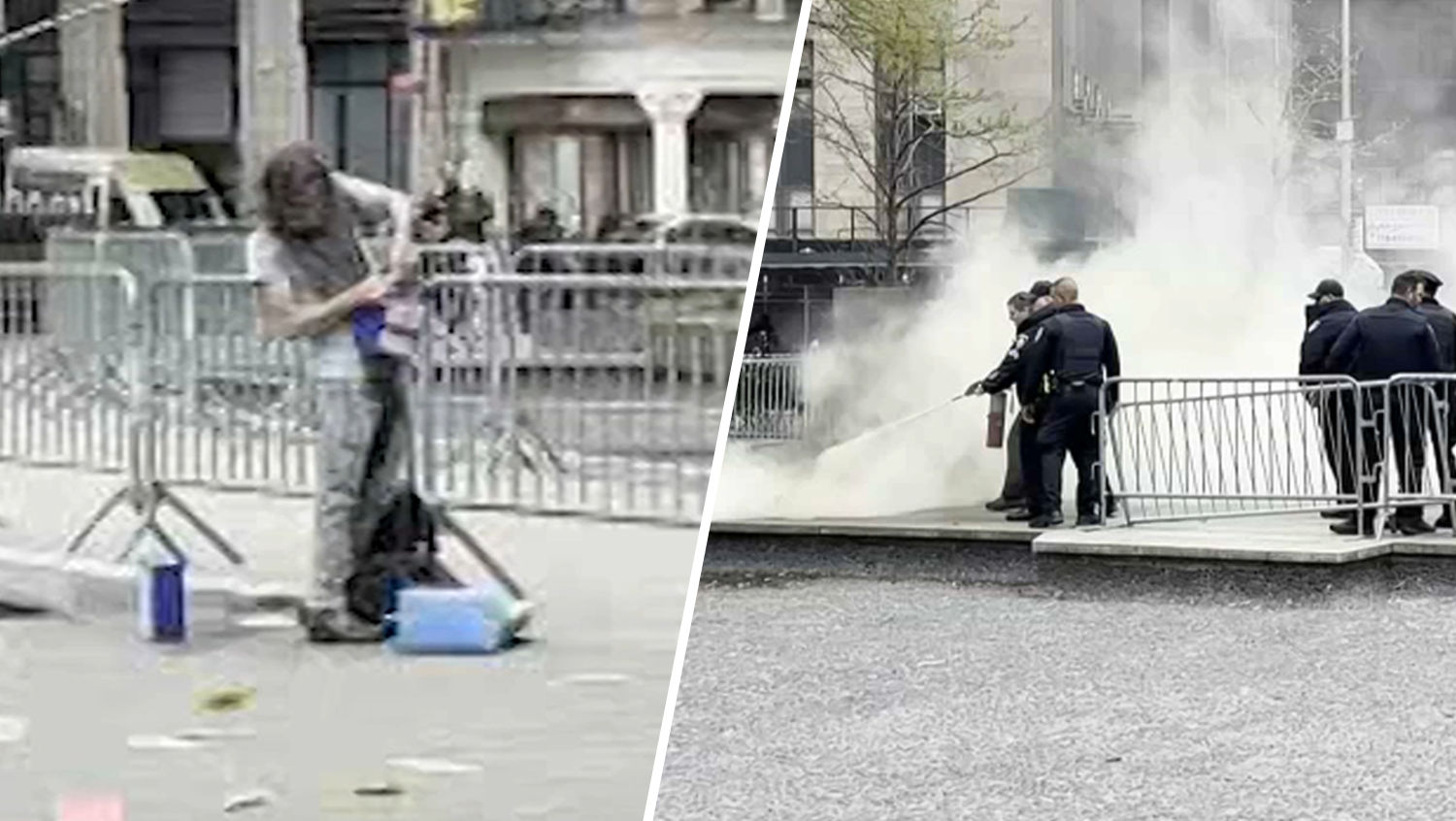A Norwegian curler who lost out on the Olympic bronze medal to a Russian rival charged with doping said Tuesday he feels robbed of his moment of glory.
Magnus Nedregotten and his partner finished fourth in mixed doubles last week after losing 8-4 to Alexander Krushelnitsky and his wife, Anastasia Bryzgalova. The Court of Arbitration for Sport said Monday that Krushelnitsky failed a doping test. Russian officials said he tested positive for meldonium, which was banned in 2016, and that his "B'' sample confirmed the result.
In a telephone interview from Norway, Nedregotten said that if Krushelnitsky is found guilty, then "they've robbed us of our moment of glory, receiving our medal in the stadium."
"That's not cool," Nedregotten said. "That's hard to accept, feeling that you've been kept out of the light."
Nedregotten and his partner, Kristin Skaslien, were visibly distressed when they lost out on the bronze to the Russian pair. In an interview with The Associated Press after the match, Skaslien said she and Nedregotten had struggled to keep up with the Russians, who led from the start. True to curling's strict adherence to good sportsmanship, Skaslien also made a point to compliment the Russians on their performance after the game, saying they had played a very good match.
The Norwegians' feelings toward the Russians have clearly soured since then, with Nedregotten saying Tuesday that he and Skaslien were angry when they first heard that Krushelnitsky had tested positive.
"That we've been struggling through the Olympics, and trying hard to reach our goal which was a medal, and then we ended up in fourth — and now knowing that they may have had an advantage against us in our games through cheating — feels horrible," Nedregotten said.
U.S. & World
Russians are participating at the Pyeongchang Games as "Olympic Athletes from Russia." The International Olympic Committee suspended the Russian Olympic Committee last year in connection with a massive doping scheme at the 2014 Sochi Games but allowed 168 athletes to compete in neutral uniforms and without the national flag.
Krushelnitsky is likely to lose his medal because of the positive test, Russian Curling Federation senior vice president Andrei Sozin told the AP.
"I think that the sanctions will be that the medals will be taken away," Sozin said.
"Curling players don't need meldonium, we don't need to be faster, higher, stronger, this isn't what we do," Sozin added. "But how to explain what they have found in Alexander's blood — he's an absolutely honest athlete and a great guy — no one, including the athlete himself, understands."
Sozin said he believed U.S. security services had somehow "put something" into Krushelnitsky's water or tampered with his drug test sample. He didn't speculate on how that could have happened.
The Court of Arbitration for Sport said no date has yet been set for the curler's hearing.
If Krushelnitsky is found guilty, Nedregotten said he and Skaslien would prefer to receive their medal during the Olympics.
"There hasn't been a day since the Olympics where I haven't thought about coming fourth," Nedregotten said. "And now knowing that we may have been robbed, and having to sit at home and wait to see what happens is obviously emotional, and very stressful."
___
AP Sports Writer James Ellingworth contributed to this report.
___
More AP Olympic coverage: https://wintergames.ap.org



